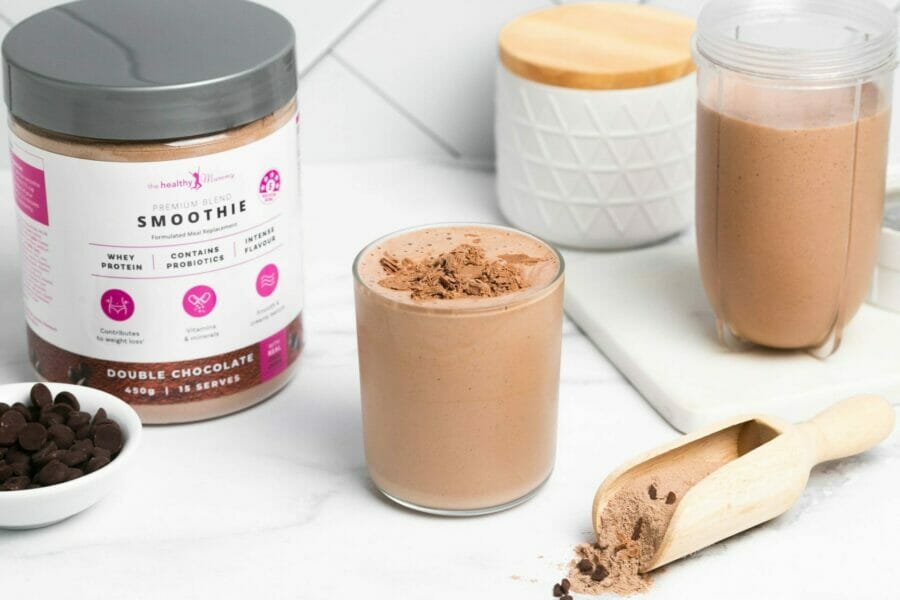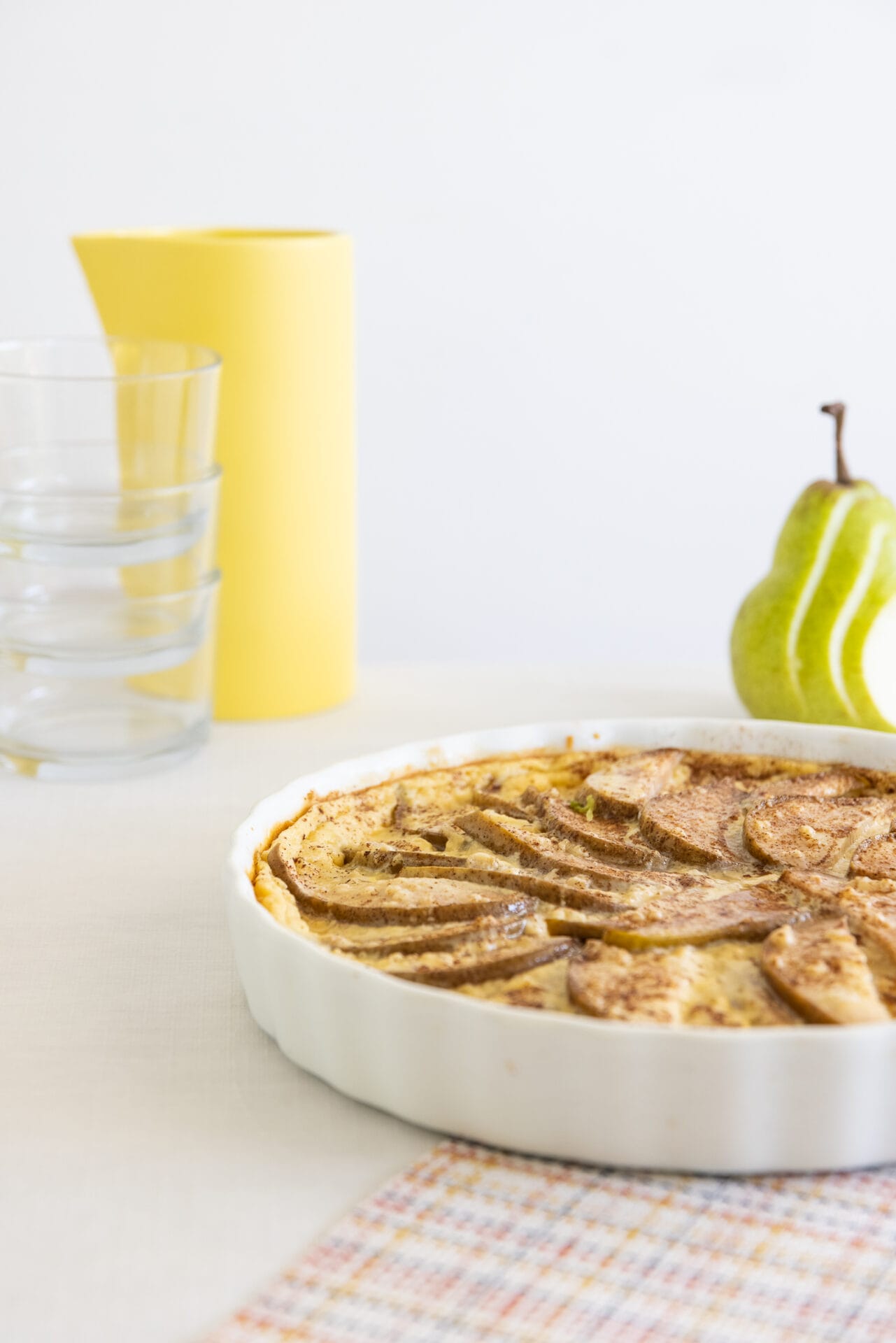Forget ginger! The pregnancy sickness remedy no one told you about!
Studies have indicated that by boosting your magnesium levels, it might have a direct impact on your pregnancy sickness.
Morning sickness and Hyperemesis Gravidarum (also known as HG, the severe sickness that Kate Middleton suffered from) are no joke.
But studies have indicated that boosting your magnesium levels, might have a direct impact on your pregnancy sickness or HG symptoms.
It’s no surprise more women are suffering from morning sickness than ever before. Studies have found that over half of the population are magnesium deficient.
And while it’s not a 100% cure for nausea and vomiting in pregnancy, it might take the edge off!

What causes so many people to have a magnesium deficient?
There could be a number of reasons behind why so many people are suffering from low magnesium levels, such as depletion in soil levels due to over farming.
There’s also a higher consumption of processed foods, which contain lower levels of magnesium. People who have high levels of stress may also have a lower level of the mineral in their bodies.
What’s more, boosting your magnesium levels during pregnancy helps reduce the risks of preterm labour and maintain the body’s blood sugar level.
Magnesium is important for new mums

Magnesium is an essential mineral in any persons diet.
This mineral is vital for energy production (ATP) and, as you all know, becoming a new mum is seriously draining. You need as much energy as you can get, so a magnesium deficiency can just make matters much worse.
Magnesium is involved in more than 300 metabolic reactions in the body, from protein synthesis to cell growth and reproduction, even glucose and insulin metabolism.
But when you’re not getting enough of the mineral, you may find yourself feeling stressed – both physically and emotionally. Add in headaches or migraines, loss of appetite, nausea, vomiting, fatigue, and weakness and you start to see why this nutrient is so important.
Magnesium levels are decreased by having an excess of alcohol, salt, phosphoric acid (from soft drinks), coffee intake, by profuse sweating, prolonged stress, diarrhoea and vomiting, excessive menstruation, and in pregnancy (via enhanced renal elimination).
What happens when your magnesium levels decrease?

There are a range of things that can occur if you’re suffering from a magnesium deficiency these can range from minor symptoms to more serious ones. Just a few of the things you may experience if you aren’t getting enough magnesium include:
- Numbness
- Tingling
- Muscle contractions and cramps
- Seizures,
- Personality changes
- Abnormal heart rhythms, and
- Coronary spasms.
As a new mum you may be breastfeeding which means if you aren’t getting enough magnesium then your baby is suffering from a magnesium deficiency as well.
Magnesium is passed through breast milk and a breastfeeding mother needs about 350mg of elemental magnesium per day (300mg for non breastfeeding mothers).

If you are concerned that you may have low magnesium it would be best to speak to a medical professional before trying any type of magnesium supplementation. You can however add some magnesium rich foods into your healthy diet to help you increase your magnesium intake whilst seeking medical advice.
How to increase your magnesium intake?
If you feel your magnesium levels may not be where they should be don’t rush to dosing up in magnesium supplements. Magnesium is found in a number of foods that are simple to add to your healthy diet to help increase your magnesium levels.
Some magnesium rich foods include:
- Seaweed
- Cocoa powder
- Wholegrain cereals
- Nuts and seeds including almonds, chia and pumpkin seeds
- Dairy products including milk, yoghurt, and cheese
- Avocado
- Broccoli
- Dark leafy greens
- Dark chocolate
So if you’re feeling stressed, have headaches or migraines or any of the above symptoms, think about adding more of the above foods into your healthy diet to get higher magnesium intake.
You will no doubt see an improvement in your overall health.
Professor believes he’s discovered what causes pregnancy sickness
Your baby’s gender could make your pregnancy sickness worse, claim experts
Try our Healthy Mummy Smoothies!
Not only are they breastfeeding-friendly, but our Healthy Mummy Smoothie range contains up to 80mg per serving of magnesium.
Magnesium should generally be consumed with calcium at a 2:1 ratio to help with muscle contraction, blood clotting and blood pressure, and with 200mg of calcium included in the smoothie, you’re getting a great combination of these minerals every day.

The Healthy Mummy Smoothie offers an excellent source of essential vitamins, minerals, nutrients and important antioxidants. It does not contain caffeine, gluten and is also dairy free. It is also a non Genetically Modified product!
They have been created by leading nutritionists to be the perfect companion to a busy mum’s life when trying to lose weight safely – and assists with a healthy breast milk supply.









